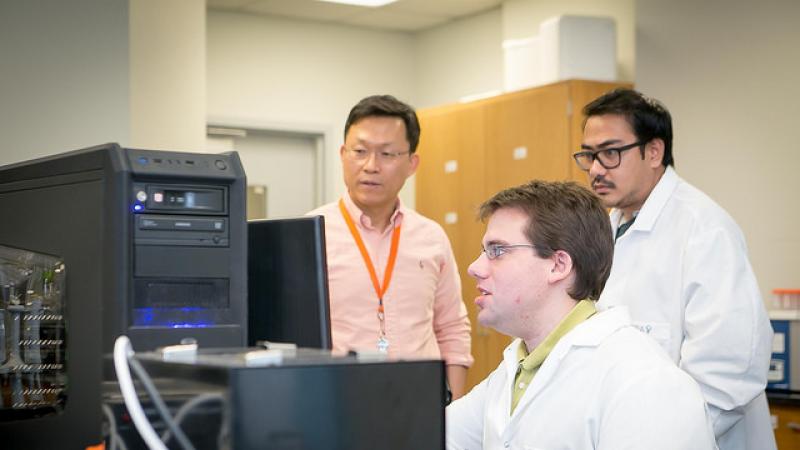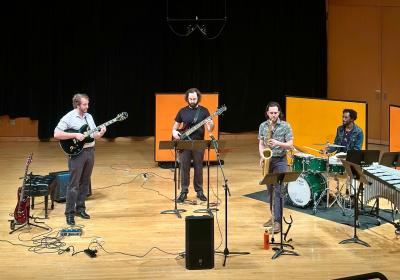
CSU Professor Lee receives NIH award for 3D bioprinting
Cleveland State University associate professor Moo-Yeal Lee, Ph.D., who works in the university’s department of chemical and biomedical engineering, has received the National Institute of Health Award for his latest 3D bioprinting project.
“I felt grateful to receive the research funding from the NIH and be able to support my research and team members including senior scientists, post doctoral scientists, and graduate students,” Lee said.
Lee’s research focuses on disease modeling and methods for scientific experimentation in drug screening. Lee received the NIH award for his research on 3D bioprinting of stem cells on pillar perfusion plate platforms.
3D bioprinting uses 3D printing technology with biomaterials to print living structures a layer at a time. These 3D bioprinted structures mimic the properties and behaviors of organic living structures.
Lee received $1.12 million in funding for his research this year.
With the funding, Lee and his colleague, Dr. James Wells of the Cincinnati Children’s Hospital Medical Center, support four other scientists and four Ph.D. students at CSU. The funding also gave his team the opportunity to lease lab and office spaces from the university for the project’s commercialization efforts.
The project uses the 3D bioprinted versions of organs like the liver and pancreas to investigate how hormones, nutrients and drugs might help the reversal of type 2 diabetes. Lee is using this cutting edge technology to start his own company, Bioprinting Laboratories, Inc.
“We plan to develop human liver, intestine, pancreas and brain tissues from pluripotent stem cells and investigate inner-organ communications for modeling type 2 diabetes and developmental brain disorders such as autism spectrum disorder,” Lee said.
“In addition, we aim at commercializing our patent-pending, pillar perfusion plate platforms for rapid organoid culture and analysis through Bioprinting Laboratories, Inc., which is my startup company.”
In addition to gaining insights into type 2 diabetes and developmental brain disorders, Lee’s work may help researchers better predict the toxicity and efficacy of future drugs. This could help medical researchers decide which compounds are brought forward, and could ultimately lead to the development of more effective and safer drugs.
“This grant will further applications of the technology while helping us develop better treatments for a disease that affects millions around the world.”








